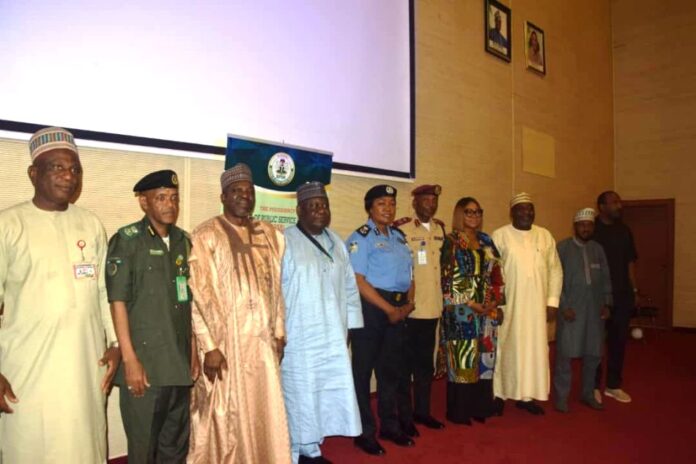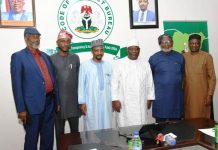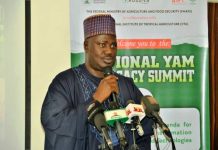The Bureau of Public Service Reforms (BPSR) has called for the integration of advanced technology in addressing boundary-related disputes across Nigeria, citing the critical role such solutions can play in fostering peace, security, and national cohesion.
Speaking at the July edition of the BPSR Lunchtime Seminar in Abuja on Thursday, Director General of the Bureau, Dasuki Arabi, emphasised the urgency of leveraging innovation to tackle the root causes of boundary tensions.
“Boundary issues in Nigeria are multifaceted and deeply rooted. They go beyond mere geographical demarcations or lines on a map. Unresolved boundary disputes have led to violence, loss of lives, and displacement of communities. These outcomes threaten our national security and development,” Arabi said.
He noted that the seminar, which marked the 25th edition of the initiative, has become a vital forum for cross-sectoral dialogue on pressing governance matters. This month’s focus on boundary management reflects its growing importance in maintaining stability and driving reforms.
Arabi praised the efforts of the National Boundary Commission (NBC), commending their nonviolent strategies such as joint field inspections, geo-spatial technology, and intergovernmental committees. However, he stressed the need for further innovation.
“We must explore the adoption of emerging and advanced technologies to proactively address and prevent boundary conflicts. Geographic Information Systems, satellite imagery, drone-based mapping, blockchain in land registry, artificial intelligence – these are tools Nigeria needs to key into,” he said.
He linked the importance of efficient boundary management to the national Renewed Hope Agenda, adding: “By leveraging public service reforms and advanced technologies and aligning them with national aspirations, we can transform Nigerian boundaries from being flashpoints of conflict to platforms for inclusive growth.”
In his presentation, Director General of the National Boundary Commission, Adamu Adaji, outlined the commission’s structure and legal mandate. He stressed the need for high-level decision-making, pointing out that the NBC board is chaired by the Vice President and includes ministers and presidential appointees due to the sensitive nature of boundary matters.
“This is a commission that requires decisions at the highest level and must be supported with the highest level of authority,” Adaji stated.
Adaji traced Nigeria’s boundary complexities to colonial-era demarcations and state creation processes, which were not always clearly defined.
“We should by now have passed the stage of blames. We should take up the challenges and try to see how we can remedy them,” he said.
He reaffirmed the Commission’s mission to define, maintain, and make boundaries visible, noting the importance of clear territorial jurisdictions for governance, population management, and resource allocation.
“Our mandate is to foster peaceful coexistence and ensure boundary issues are handled on a continual basis. Some resources straddle boundaries. Efforts must be made for equitable management by the affected states or communities,” he said.
Signed
Aliyu Umar A
Head, Strategic Communications
4th July, 2025.






